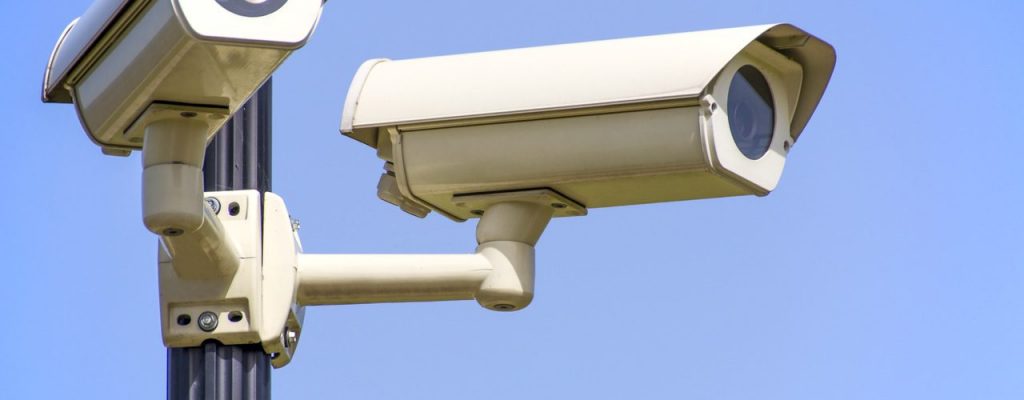We often take the role of our security directors for granted. While most of us in hospitality focus our efforts on finding ways to enhance our guests’ comfort (and make more revenues!), we can only do so in an environment where both safety and security are assured. After all, this is a department where reports stating ‘nothing has happened’ are considered the norm, and management tends to respond to incidents versus the status quo.
It is also hard to measure the performance of the security department when assessments are largely binary. How do you know if team members are meeting your needs when the expectation is that ‘nothing has happened’?
Irving “Bulla” Eastman knows. As Senior Director Safety and Security for Aqua-Aston Hospitality, he works to ensure the safety and security for the group’s nearly 50 hotels and resorts across the Hawaiian Islands and on the US mainland. I had an opportunity to meet with Bulla at a tourism conference in Hawaii to ask him a few questions. It is rare to find a security director willing to talk so effusively, so I was eager to proceed.
How has the role of safety and security personnel changed in the wake of modern terrorism?
Both the management team and its security officers have had to adjust policies and procedures to be prepared for today’s challenges. This includes training, implementation and coordination of information provided by the Department of Homeland Security.
What sort of ongoing training do you provide for staff?
Security officers are now required by law in the State of Hawaii to be licensed. As licensed security officers, individuals are required to successfully complete a minimum of 8 hours of classroom instruction before they start service, and a minimum of 4 hours of classroom instruction biennially covering topics such as the legal limitations on the actions of guards, access control, safety, fire detection, emergency response, homeland security issues and procedures, techniques of observation and reporting of incidents, the fundamentals of patrolling, professional ethics, and professional image and aloha training.
What are the fundamentals that every hotel should employ in this department?
An understanding that the safety of our guests and employees is the primary responsibility of everyone. This principle extends to every aspect of operations, including not only the obvious threats, such as robberies, fire, assaults and the like, but also the prevention of ‘slip and falls’, minding youngsters around the pool or even the storage of cleaning chemicals. Next, add onto this planning for potential situations, such as natural disasters or external threats.
How do you balance security with guests who just want to have fun on vacation?
The easiest way we explain this to our guests, especially in a resort climate, is that we welcome them to ‘our home’ and hope they enjoy their stay as if it were ‘their home’. We want them to feel comfortable, relaxed, safe and secure. In the same breath, we ask them to treat our home like they would their own home and to be mindful of others. Anything that compromises the safety and the security of the property or guests should not be tolerated.
How do you ensure safety is the first rule in management of a hotel or resort?
The buy-in has to start at the top with your CEO, then down to the property GM, and ultimately with all of the staff. Additionally, you need a ‘Safety Champion’ or a person who is genuinely focused on the documentation of all of the policies and procedures. We also have risk management consultants who act as ‘mystery shoppers’. They do walkthroughs of each property twice a year, during which they ask employees a variety of questions regarding safety. As examples, we may ask if they know what PPE (personal protective equipment) is, or where the location of the eye wash stations and SDS (safety data sheets) are at their property.
How can a hotel or resort be prepared for a crisis?
Management companies must have a written manual with detailed procedures for each specific property, covering everything from a theft or a fire to a bomb threat, tsunami or hurricane.
Do you think hotels understand crisis communications versus crisis management?
There is a fine line, but a correlative one, between the two. To successfully manage a crisis, preparation before a situation arises is necessary. Crisis communication is managing the flow of information leading up to, during and after a crisis from the management company to its guests, vendors, employees and the general public.
One of the world’s most published writers in hospitality, Larry Mogelonsky is the owner of Hotel Mogel Consulting Limited and founder of LMA Communications Inc., an award-winning marketing agency based in Toronto. His experience encompasses hotel properties around the world, both branded and independent, and ranging from luxury and boutique to select-service. Larry is also a principal of Cayuga Hospitality Consultants and is on several boards for companies focused on hotel technology. His work includes three books “Are You an Ostrich or a Llama?” (2012), “Llamas Rule” (2013) and “Hotel Llama” (2015). You can reach Larry at larry@lma.ca to discuss hotel business challenges or to book speaking engagements.
This article may not be reproduced without the expressed permission of the author.

